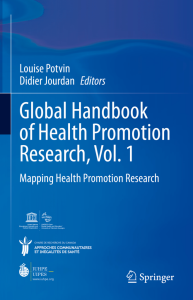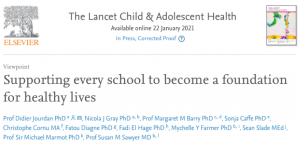ECDC has recently published the report ‘COVID-19 in children and the role of school settings in transmission – second update’, which revises our current understanding of the role that children play in the transmission of SARS-CoV-2, and the role of schools in the COVID-19 pandemic.
The aim of this document is to provide an update on the knowledge surrounding the role of children in the transmission of SARS-CoV-2 and the role of schools in the COVID-19 pandemic, focusing in particular on the experience in EU/EEA countries since the beginning of the pandemic.
Children of all ages are susceptible to COVID-19 and can transmit the disease. However, cases of COVID-19 in younger children do not appear to cause onward transmission as often as cases in older children and adults. Children aged between one and 18 years of age have much lower rates of hospitalisation and severe disease requiring intensive hospital care than other age groups.
Although school closures could contribute to a reduction in COVID-19 transmission as a measure of last resort, the closures in themselves are insufficient to prevent community transmission in the absence of other non-pharmaceutical interventions. Moreover, vaccination coverage is now also increasing. Given the continued risk of transmission among unvaccinated children, it is imperative that there is a high level of preparedness in educational systems for the school year 2021−2022.
By the time schools reopen for the new school year, children and adolescents will have become the age groups with the lowest rates of COVID-19 vaccination coverage in the European Union (EU) and European Economic Area (EEA). Therefore, in the absence of strict adherence to effective public health mitigation measures, concentrated circulation of COVID-19 is to be expected, including outbreaks in this age group.



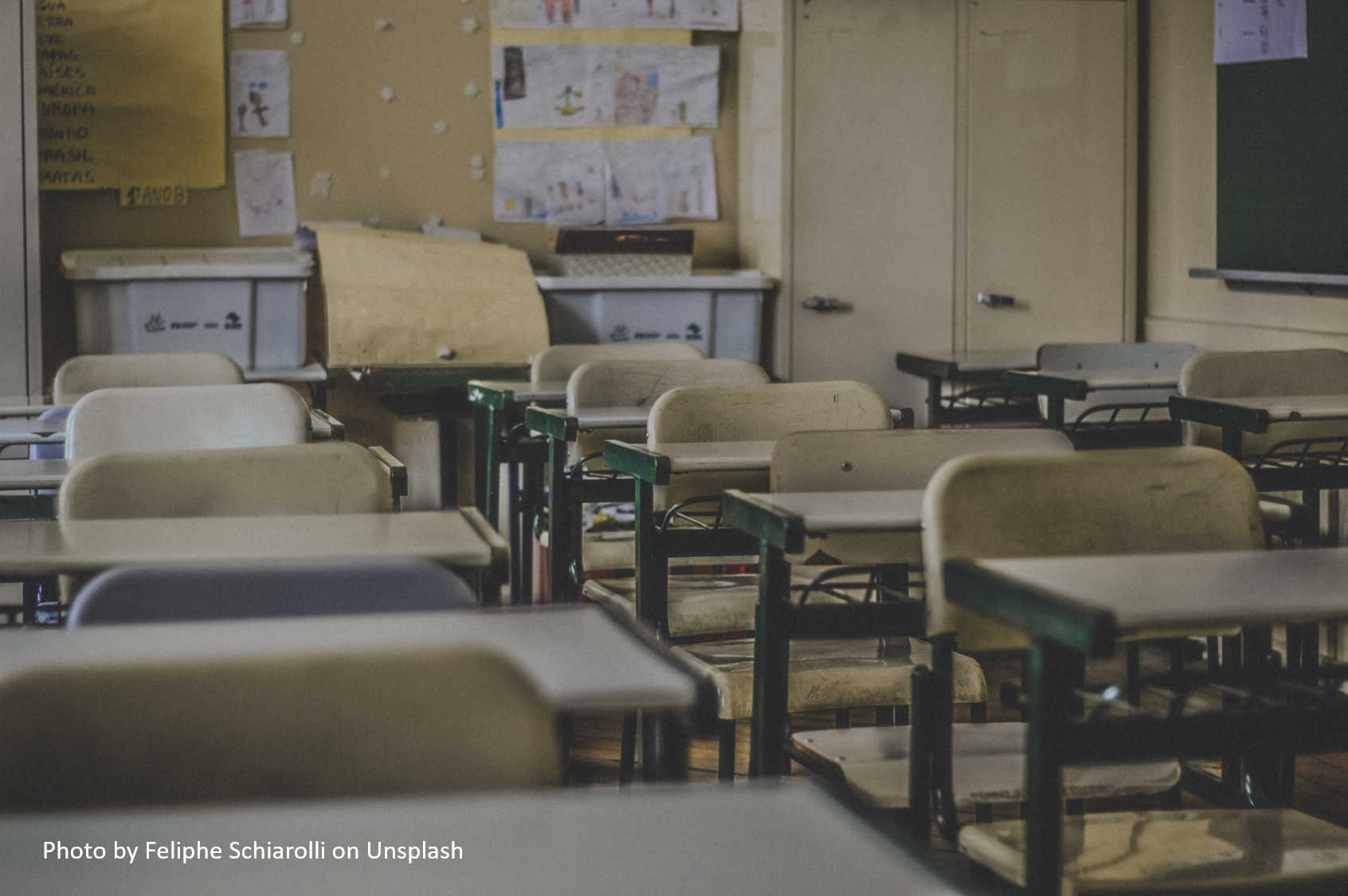







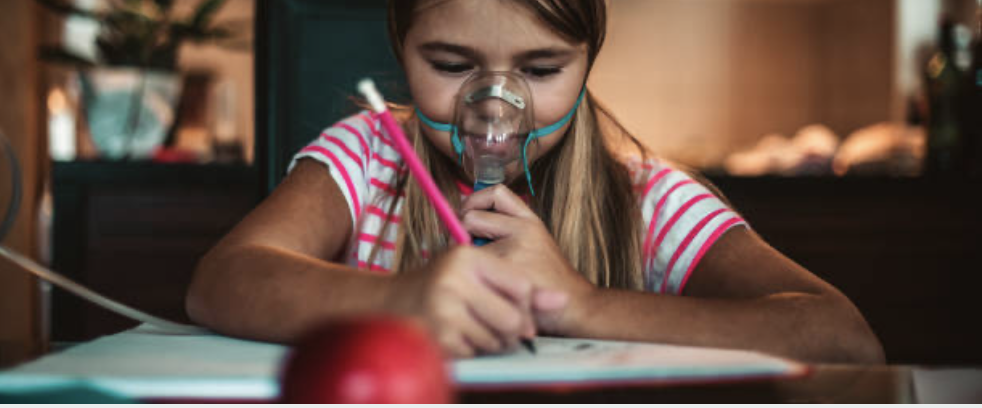
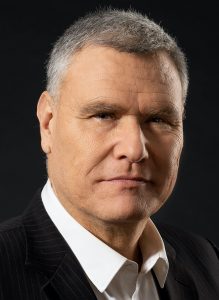 About Didier Jourdan
About Didier Jourdan